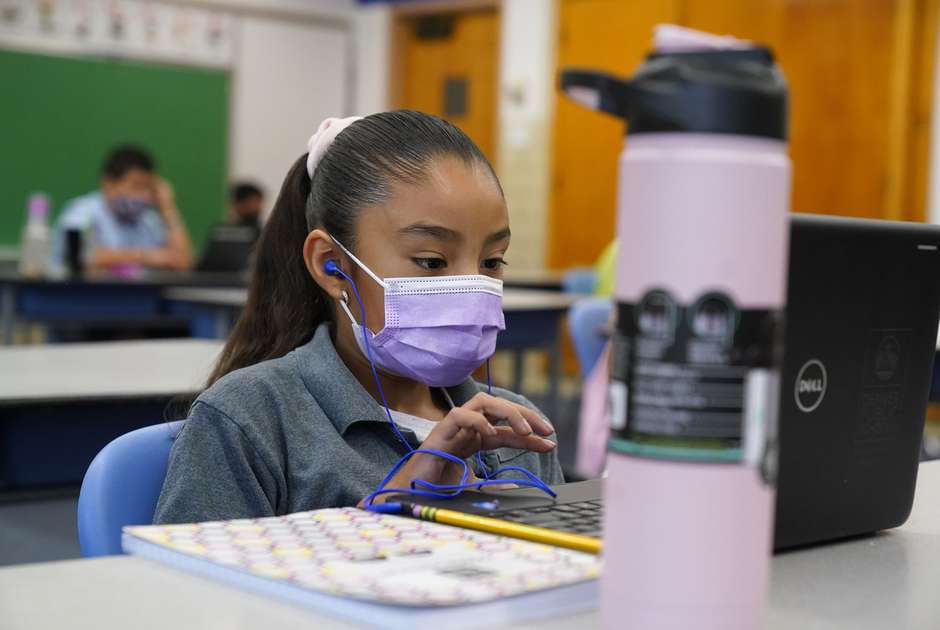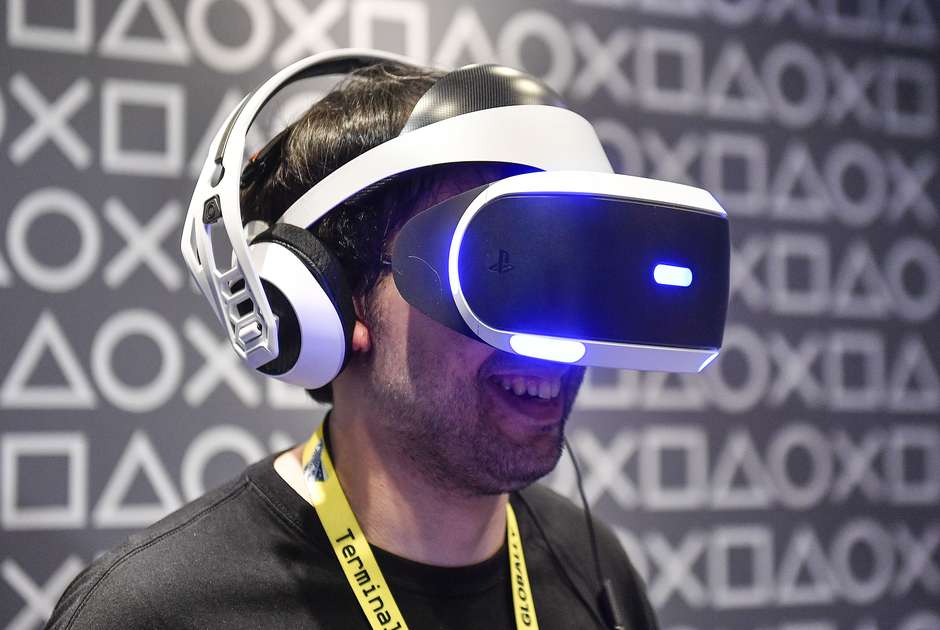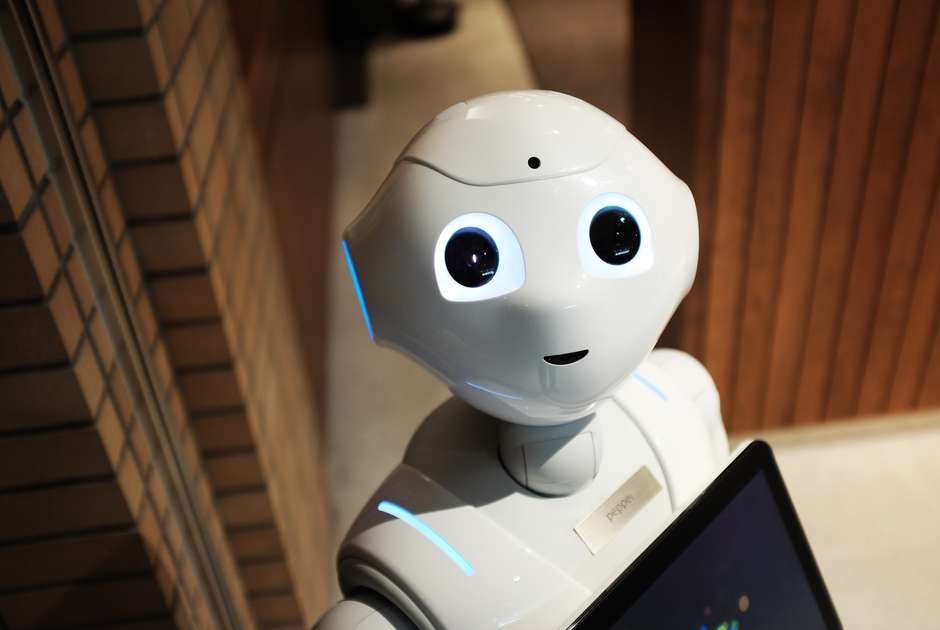
 A team of researchers from Brazil has developed a new, “highly accurate” algorithm that is able to predict suicide attempts in the general population — including identifying psychological disorders or life crises that may put people at greater risk of attempting suicide.
A team of researchers from Brazil has developed a new, “highly accurate” algorithm that is able to predict suicide attempts in the general population — including identifying psychological disorders or life crises that may put people at greater risk of attempting suicide.
 Compulsive behaviors are prevalent worldwide, with millions of people coping with them even without a formal diagnosis. Despite how common these behaviors are, the mechanisms that drive them are still poorly understood. But a new study out of Boston University has taken the first step toward better understanding the drivers of obsessive-compulsive behaviors — and has perhaps uncovered a new drug-free method of treating them.
Compulsive behaviors are prevalent worldwide, with millions of people coping with them even without a formal diagnosis. Despite how common these behaviors are, the mechanisms that drive them are still poorly understood. But a new study out of Boston University has taken the first step toward better understanding the drivers of obsessive-compulsive behaviors — and has perhaps uncovered a new drug-free method of treating them.
 Bitcoin and other cryptocurrencies should be classified as technology and be regulated primarily by private sector tech firms in order to best prevent the digital currency from being used for money laundering and terrorist financing, three researchers have argued in a new paper.
Bitcoin and other cryptocurrencies should be classified as technology and be regulated primarily by private sector tech firms in order to best prevent the digital currency from being used for money laundering and terrorist financing, three researchers have argued in a new paper.
 Providing schoolchildren with personal laptops does not lead to improvement in their standardized test scores and even worsens academic performance among students of lower socioeconomic status, according to a new study using data from Sweden.
Providing schoolchildren with personal laptops does not lead to improvement in their standardized test scores and even worsens academic performance among students of lower socioeconomic status, according to a new study using data from Sweden.White supremacists behind the deadly 2017 “Unite the Right” rally in Charlottesville, Virginia, exhibited a greater level of planning and coordination than in any previous violent shows of strength by hate groups, a first-of-its-kind study found — an event that researchers say bears “startling” resemblances to the recent assault on the U.S. Capitol.

 Education tools based on virtual reality and mixed reality technology produce higher student engagement than traditional learning methods and are just as effective, according to new research.
Education tools based on virtual reality and mixed reality technology produce higher student engagement than traditional learning methods and are just as effective, according to new research.
 Introducing computer programs to a clinical setting may provide clinicians with faster, more accurate diagnoses for attention deficit hyperactivity disorder, a new study out of The Ohio State University suggests.
Introducing computer programs to a clinical setting may provide clinicians with faster, more accurate diagnoses for attention deficit hyperactivity disorder, a new study out of The Ohio State University suggests.
 An artificial intelligence-powered imaging method developed by a University of Illinois at Urbana-Champaign research group can capture live cells without using fluorescent dyes, which are toxic to some specimens.
An artificial intelligence-powered imaging method developed by a University of Illinois at Urbana-Champaign research group can capture live cells without using fluorescent dyes, which are toxic to some specimens.
 Robots can push people to engage in riskier behavior, according to recent research, underscoring how technology can shape human decision-making and risk-taking.
Robots can push people to engage in riskier behavior, according to recent research, underscoring how technology can shape human decision-making and risk-taking.Native-born U.S. workers experience an economy-wide boost in productivity and welfare as a result of immigration when it occurs in combination with technological progress, according to new research.

 Countries with better digital infrastructure may be able to counteract some of the negative economic effects of COVID-19 and future pandemics, according to new research, creating increased urgency for investment in places where internet access is not equitably distributed.
Countries with better digital infrastructure may be able to counteract some of the negative economic effects of COVID-19 and future pandemics, according to new research, creating increased urgency for investment in places where internet access is not equitably distributed.